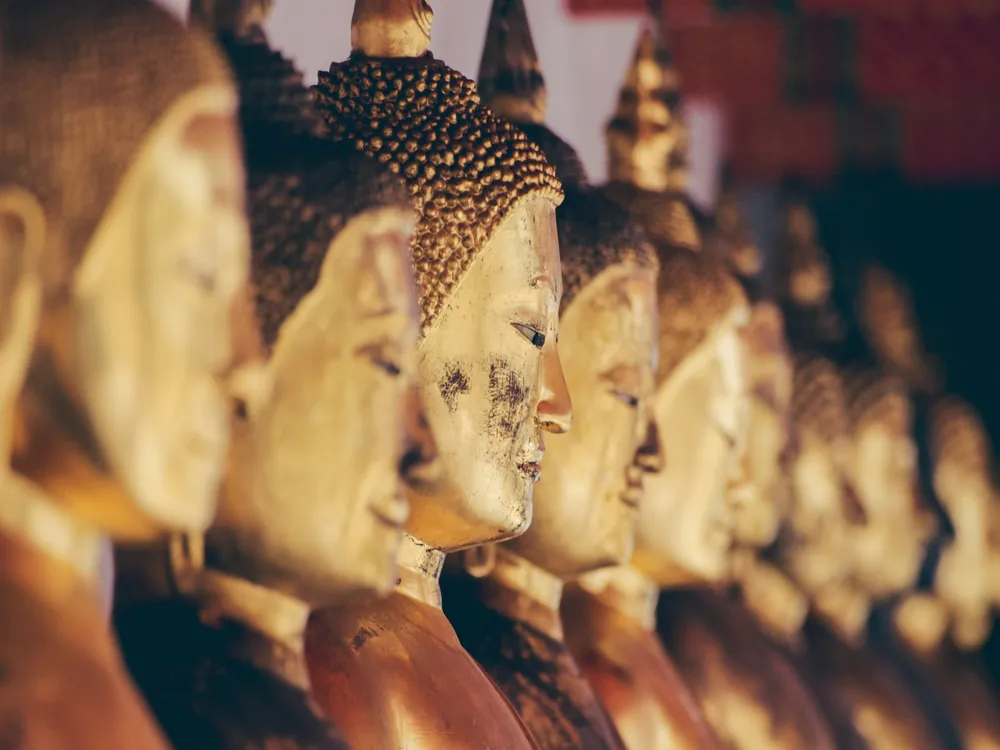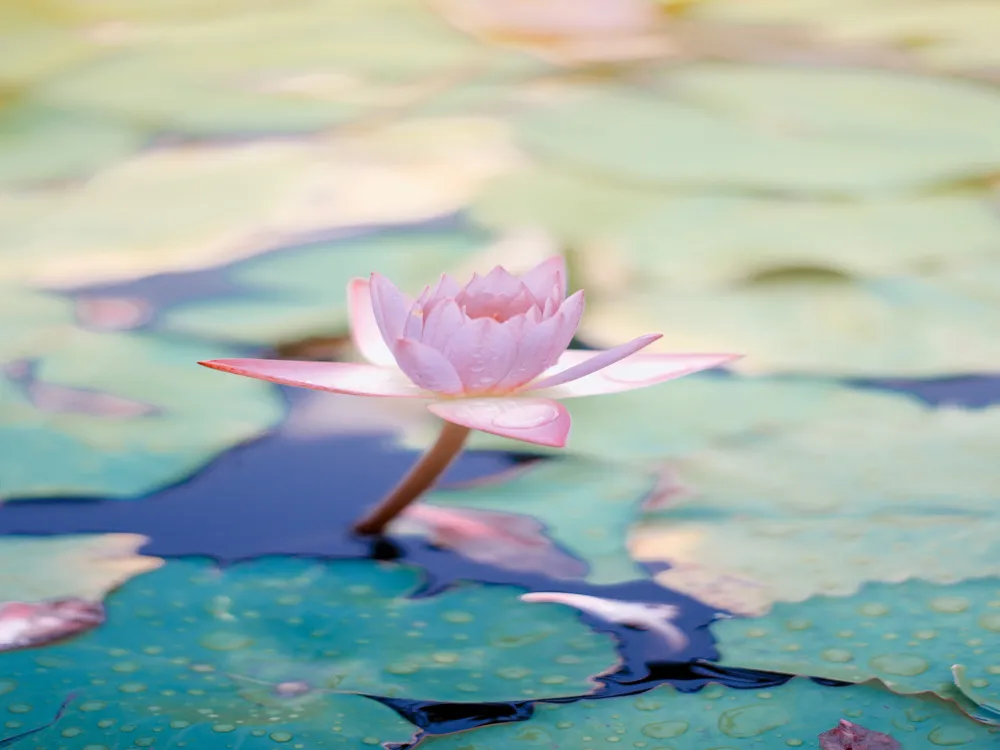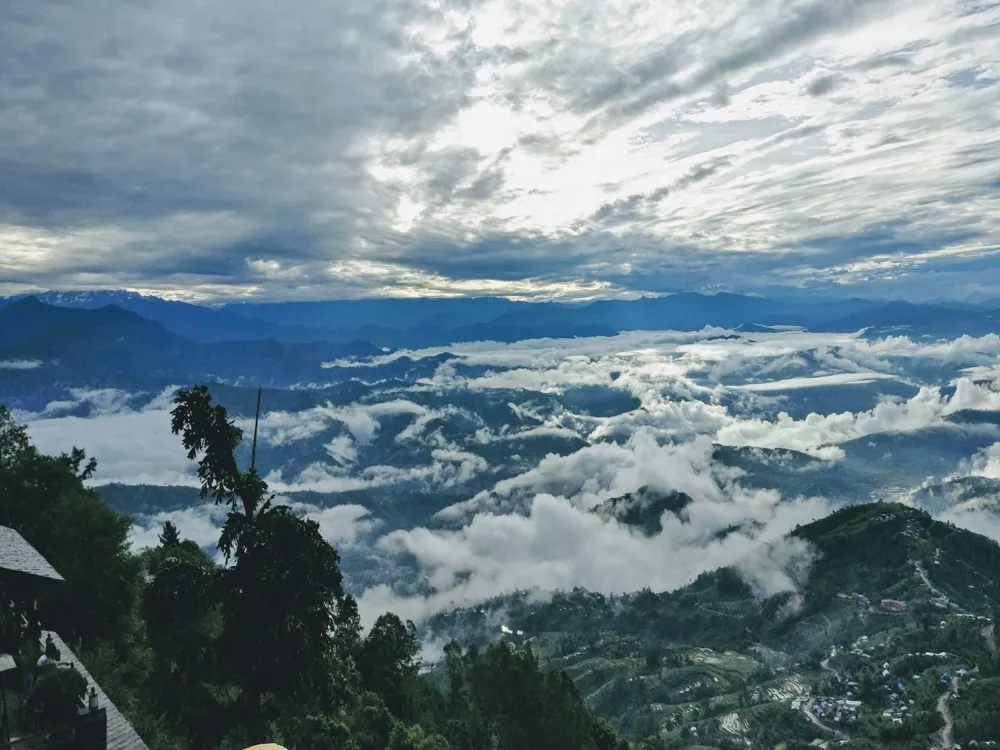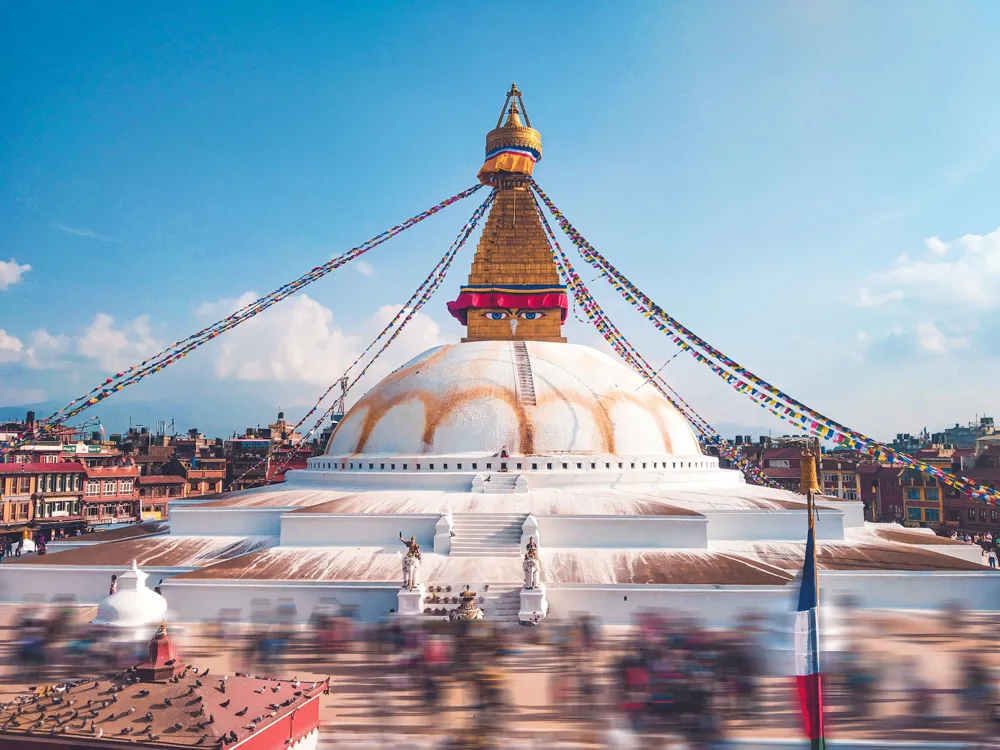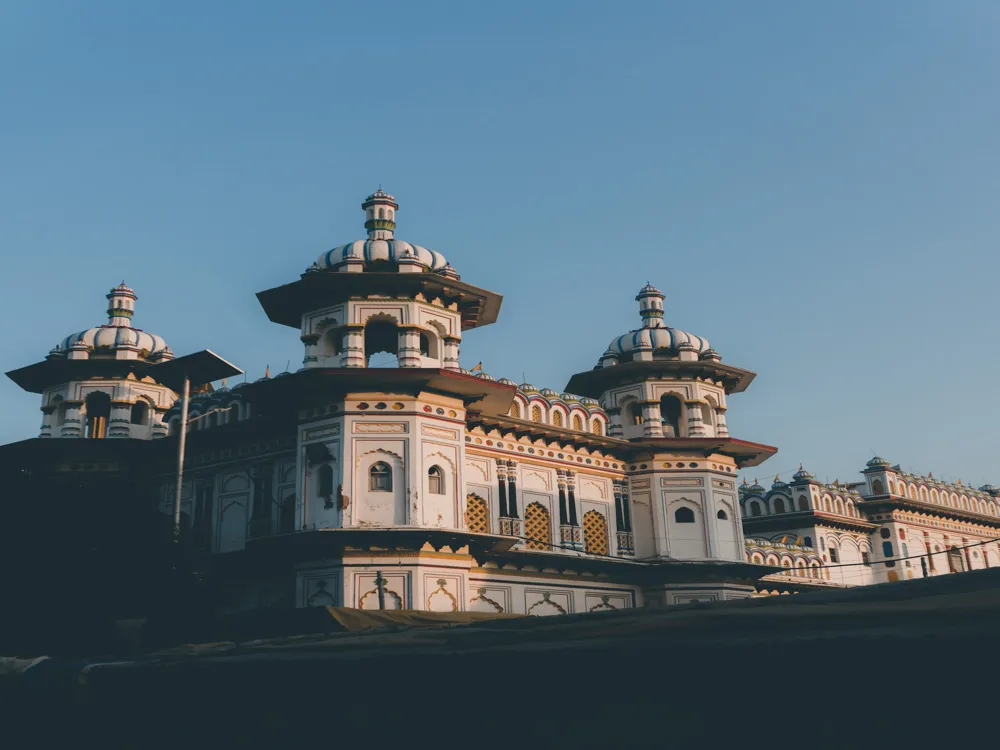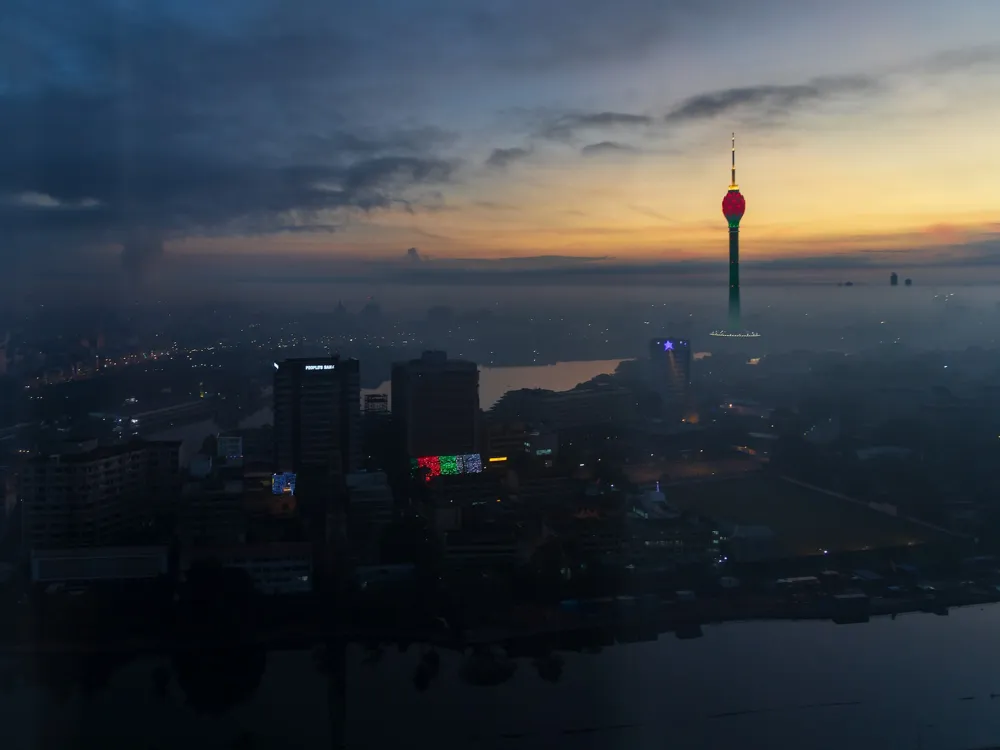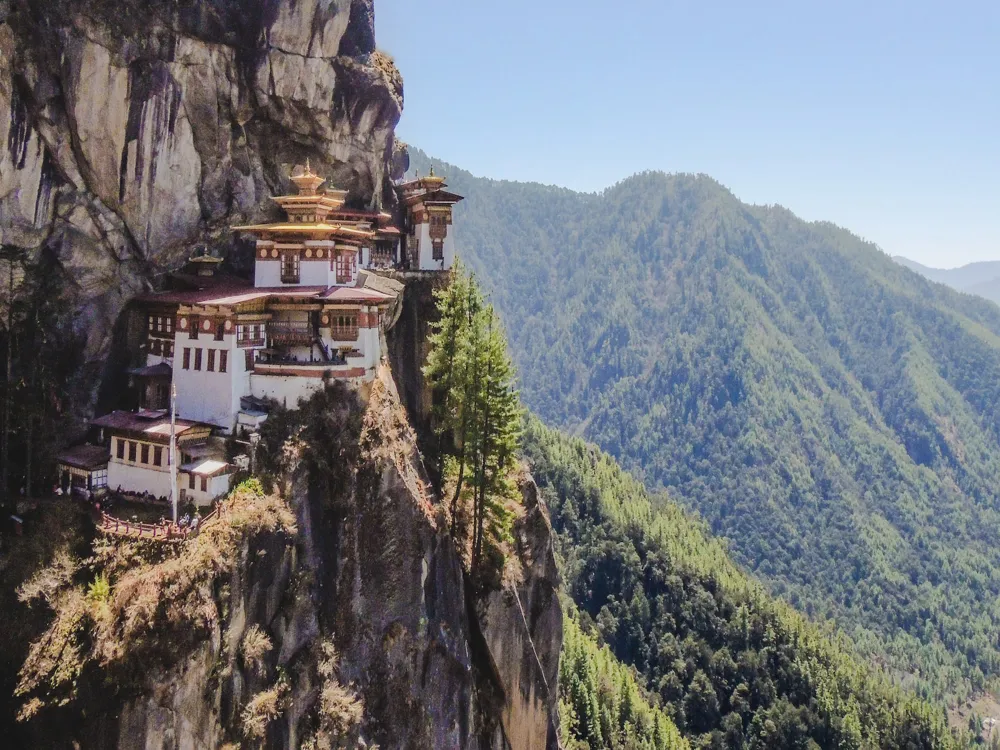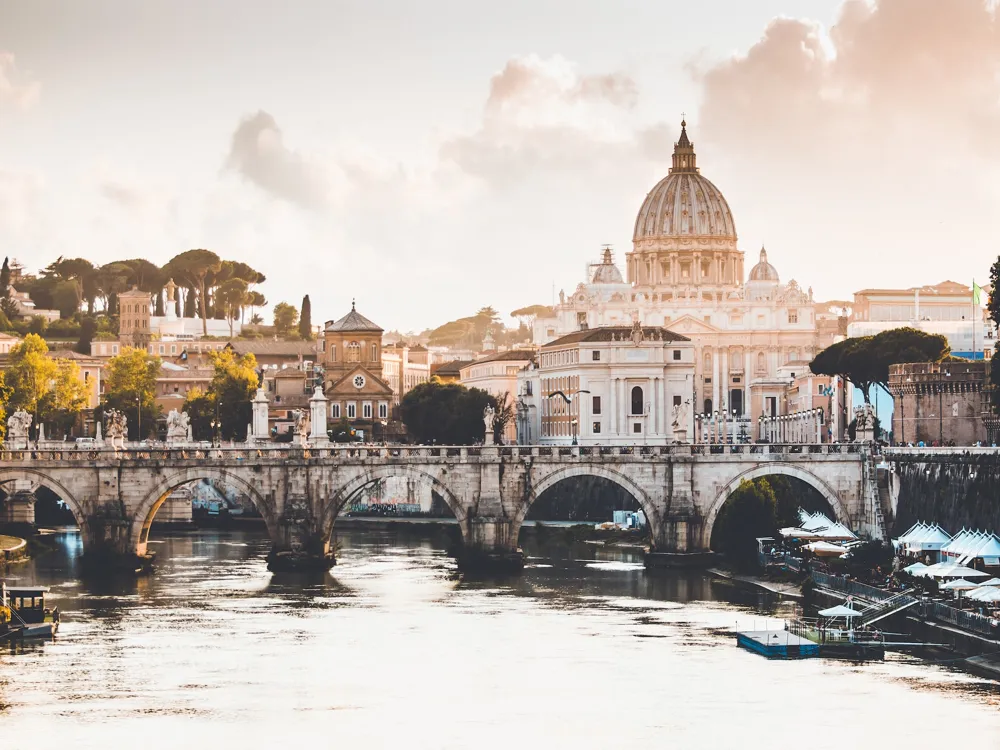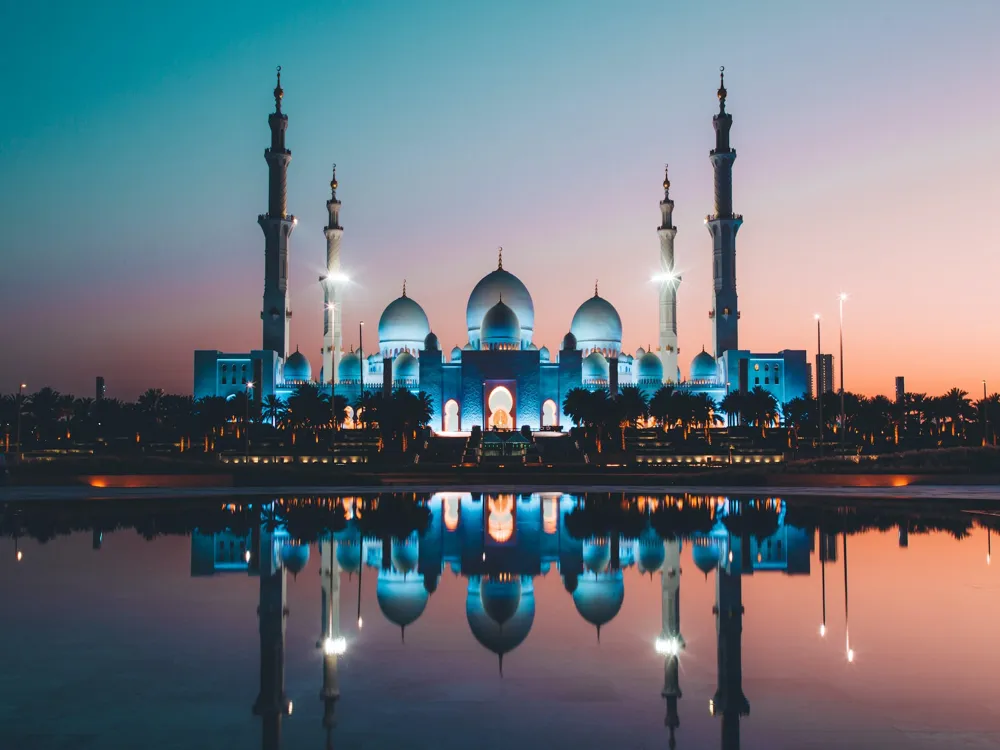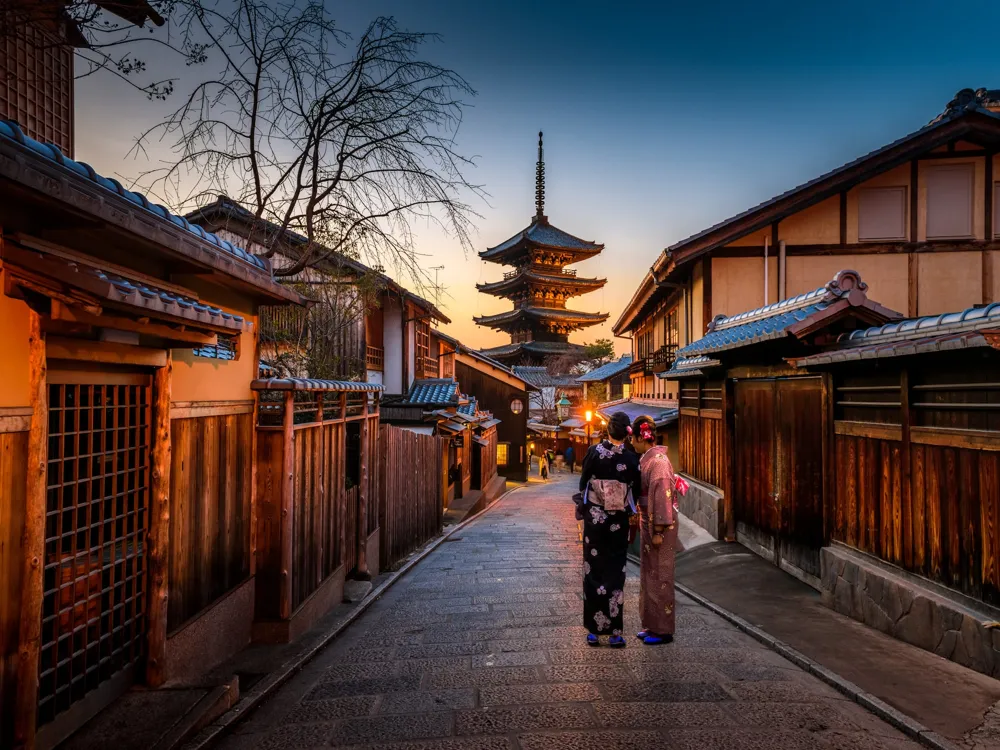Best Time to Visit Lumbini
Nepal
3 out of 13 Places to visit in Nepal₹ 24,500 onwards View Packages
Get Customized PackagesThe Land of Diversity
Top Hotel Collections

Private Pool

Luxury Hotels

5-Star Hotels

Pet Friendly
What is the Best Time to Visit Lumbini?
Embarking on a journey to Lumbini, the sacred birthplace of Lord Buddha, demands strategic timing to ensure an optimal experience. The best time to visit Lumbini is during the cool and pleasant months of October to March. This period boasts mild temperatures, making exploration comfortable and allowing visitors to immerse themselves in the spiritual aura that envelops this revered destination. The crisp air enhances the tranquility, creating a serene environment ideal for contemplation and introspection. For those seeking a harmonious blend of weather and spirituality, this time frame stands out as the pinnacle for a transformative pilgrimage.
More about Best Time to Travel to Lumbini
Travel Peak Season in Lumbini
Lumbini experiences a peak season from October to March, attracting pilgrims and tourists alike. During these months, the weather is mild, offering an ideal setting for exploration. The pilgrimage sites are bustling with activity, creating a vibrant atmosphere as visitors from across the globe converge to witness the historical and spiritual significance of Lumbini. Hotels and amenities are at their prime, ensuring a comfortable stay for those eager to delve into the rich cultural tapestry that Lumbini unfurls.
Travel Offseason in Lumbini
Contrary to the peak season, Lumbini's offseason, spanning from June to September, presents a different charm. While the monsoon rains grace the region, the reduced influx of visitors creates an intimate and peaceful ambiance. The serene surroundings allow for a more profound connection with the spiritual heritage of Lumbini, making it an ideal choice for those who prefer a quieter pilgrimage experience. The offseason unveils a side of Lumbini often overlooked, providing a unique opportunity for introspection and spiritual rejuvenation.
Lumbini Travel Packages
View All Packages For Lumbini
Lumbini in Shoulder Season
The shoulder seasons, April to June and September to October, offer a harmonious blend of favorable weather and fewer crowds. During these periods, the landscape of Lumbini comes alive with blooming flora and lush greenery. The moderate temperatures create an inviting environment for exploration, allowing visitors to appreciate the beauty of the surroundings without the hustle and bustle of peak times. The shoulder season strikes a balance, making it an appealing choice for those seeking a more laid-back yet visually captivating pilgrimage experience.
Lumbini in Hot Season
While the hot season, from April to June, might deter some due to elevated temperatures, it unveils a quieter and more reflective Lumbini. The warmth accentuates the stillness, providing an optimal setting for those seeking solitude amidst the sacred ambiance. Exploring Lumbini during this time allows for a more personal connection with the historical sites and spiritual energy that permeates the air. The hot season, although less conventional, offers a unique opportunity for a more contemplative pilgrimage.
Lumbini in Rainy Season
Monsoon, from July to September, transforms Lumbini into a lush and verdant landscape. The rainfall rejuvenates the surroundings, creating a refreshing and ethereal atmosphere. While the wet weather may deter some, those who brave the rains are rewarded with the vibrant beauty of rain-kissed landscapes. The rainy season unveils a different facet of Lumbini, showcasing nature's embrace and providing a distinctive backdrop for spiritual contemplation.
Lumbini in Cool Season
The cool season, spanning from November to February, ushers in a delightful climate, making it an inviting time for pilgrimage. The crisp air enhances the contemplative atmosphere, offering an optimal setting for those seeking a tranquil and reflective journey. The moderate temperatures during this period make exploration comfortable, allowing visitors to delve into the spiritual heritage of Lumbini without the discomfort of extreme weather conditions. The cool season encapsulates the essence of serenity, making it a favored time for those yearning for a transformative pilgrimage experience.
In conclusion, understanding the nuances of each season is crucial for crafting a personalized Lumbini itinerary. Whether you seek the vibrancy of the peak season or the intimate serenity of the offseason, Lumbini invites you to embark on a journey that transcends time and space, connecting you with the profound spiritual legacy of Lord Buddha.
Places To Visit In Lumbini
Nearby Places Lumbini
Lumbini Photos
View All Photos For LumbiniBrowse Package Collections
Browse Hotel Collections
Faq
1. When is the ideal time to visit Lumbini?
The best time to visit Lumbini is during the winter months, from November to February, when the weather is mild and comfortable.
2. What is the weather like in Lumbini during the winter?
Winter in Lumbini is characterized by cool temperatures ranging from 5°C to 20°C (41°F to 68°F), providing a pleasant and enjoyable climate for sightseeing.
3. Are there any specific events or festivals that influence the best time to visit Lumbini?
While Lumbini can be visited throughout the year, visiting during Buddha Jayanti (April/May) adds a special cultural and spiritual dimension to the experience.
4. Is Lumbini crowded during peak tourist seasons?
Yes, Lumbini tends to be more crowded during peak tourist seasons, especially in December and January. To avoid crowds, consider planning your visit during the shoulder seasons.
5. What is the weather like during the monsoon season in Lumbini?
The monsoon season (June to September) brings heavy rainfall to Lumbini, making outdoor activities challenging. It is advisable to avoid this period for a more comfortable visit.

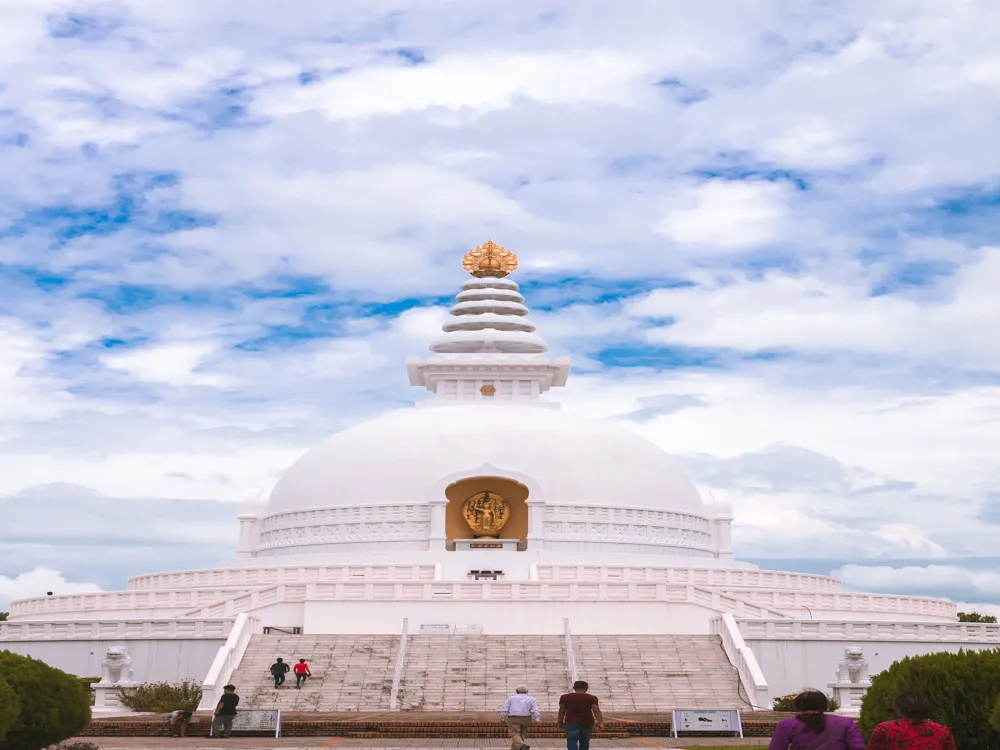
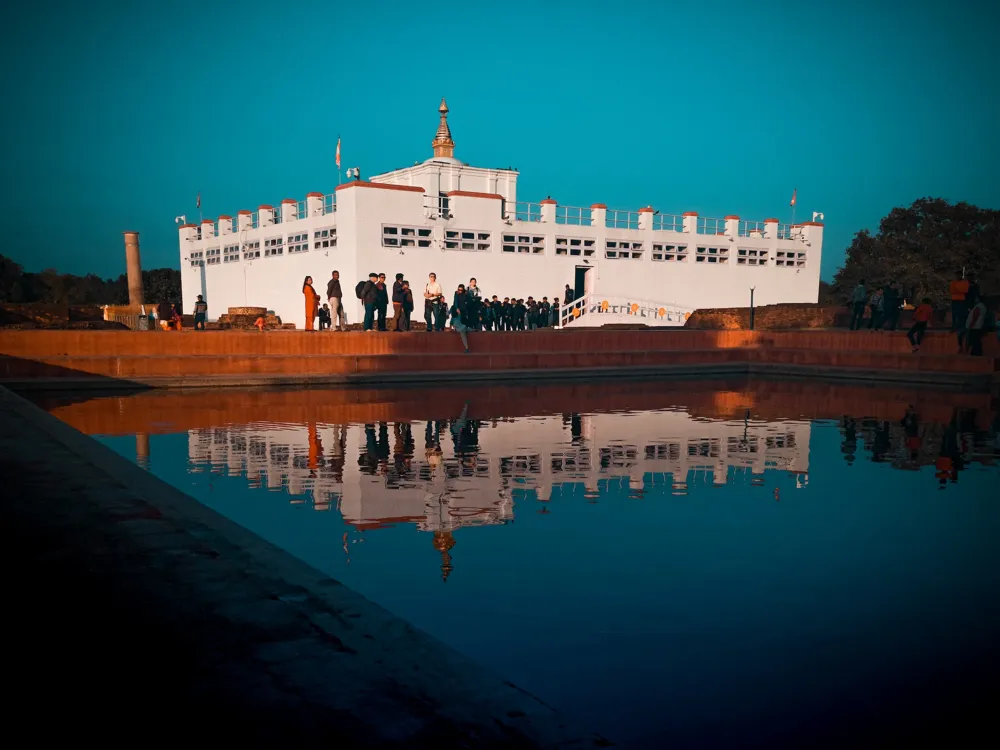
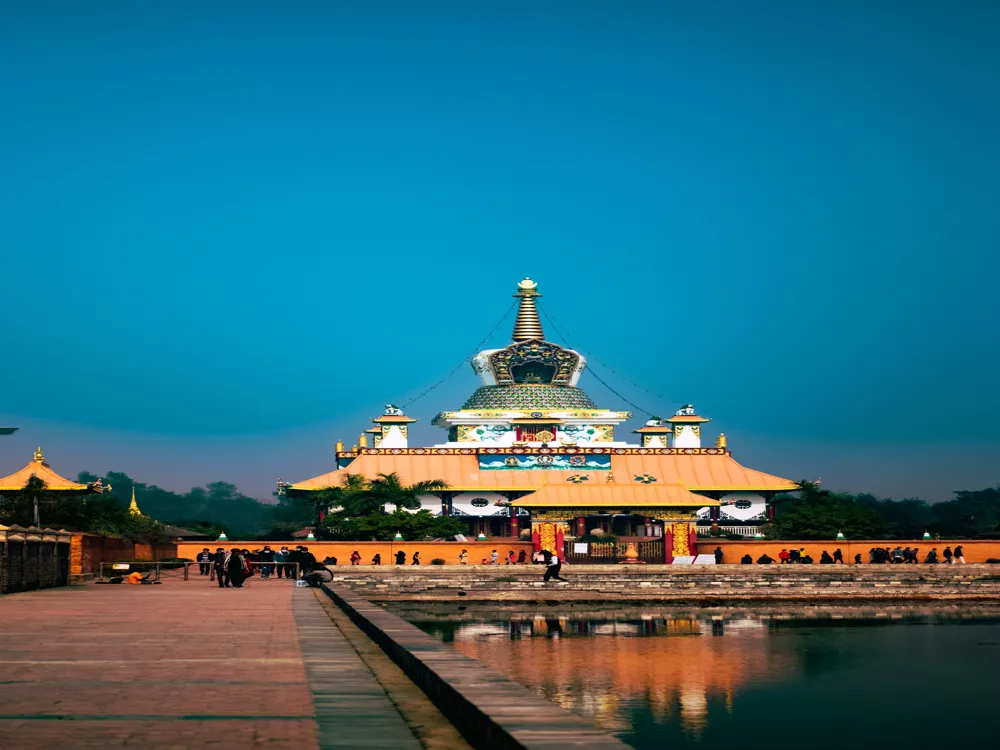
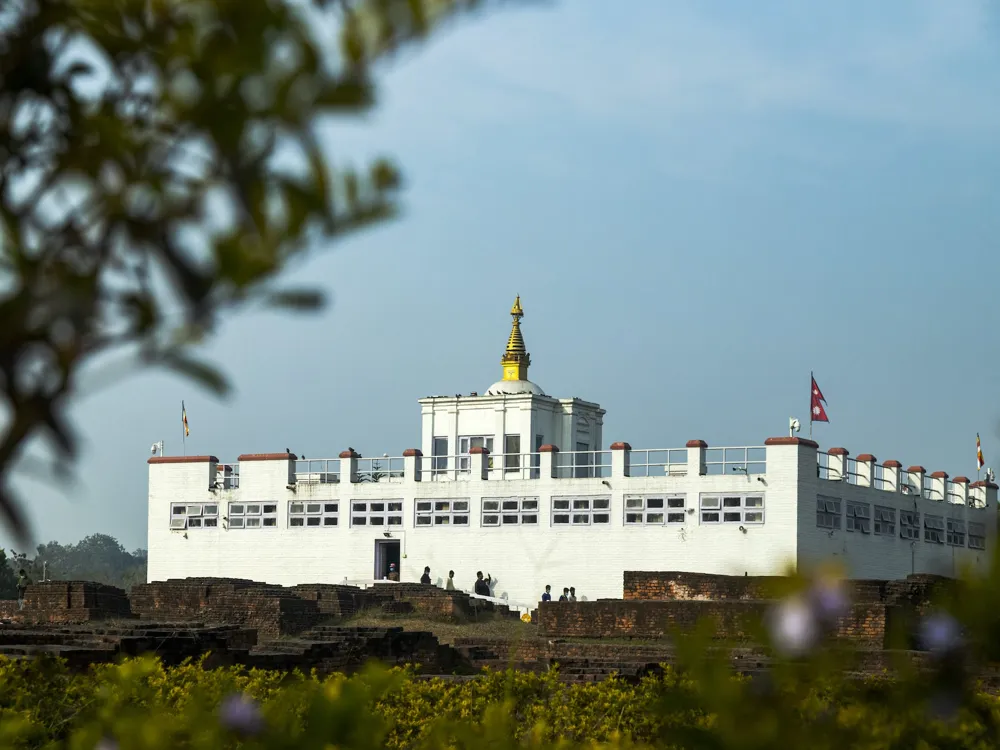
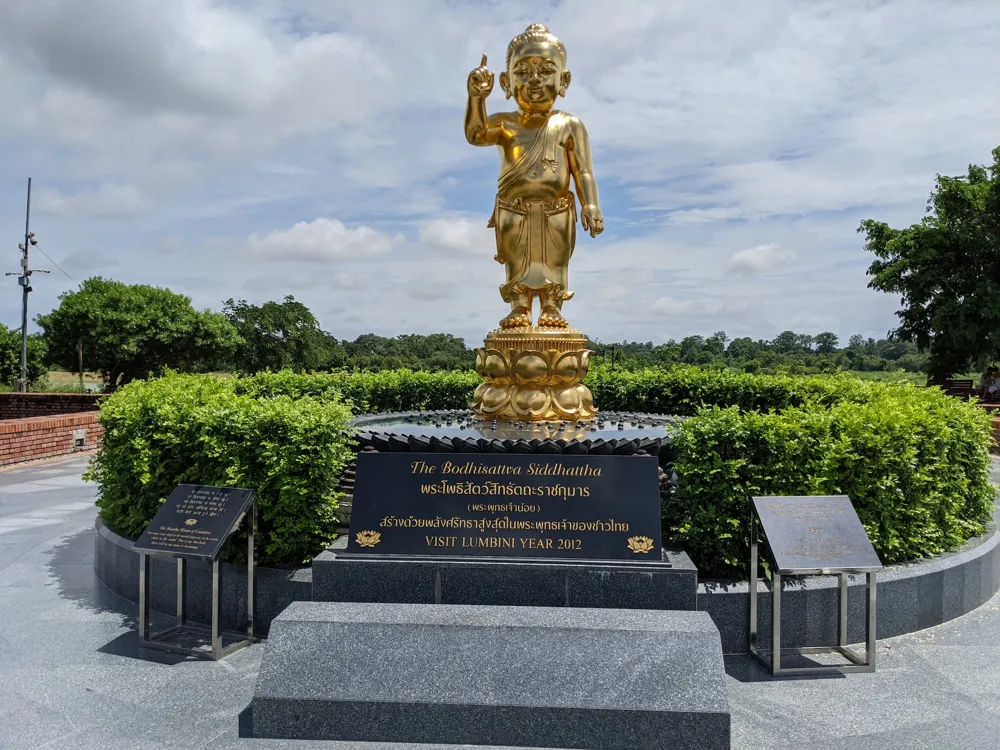


/china-temple-zhong-hua-chinese-buddhist-monastery-slider-1.webp)
